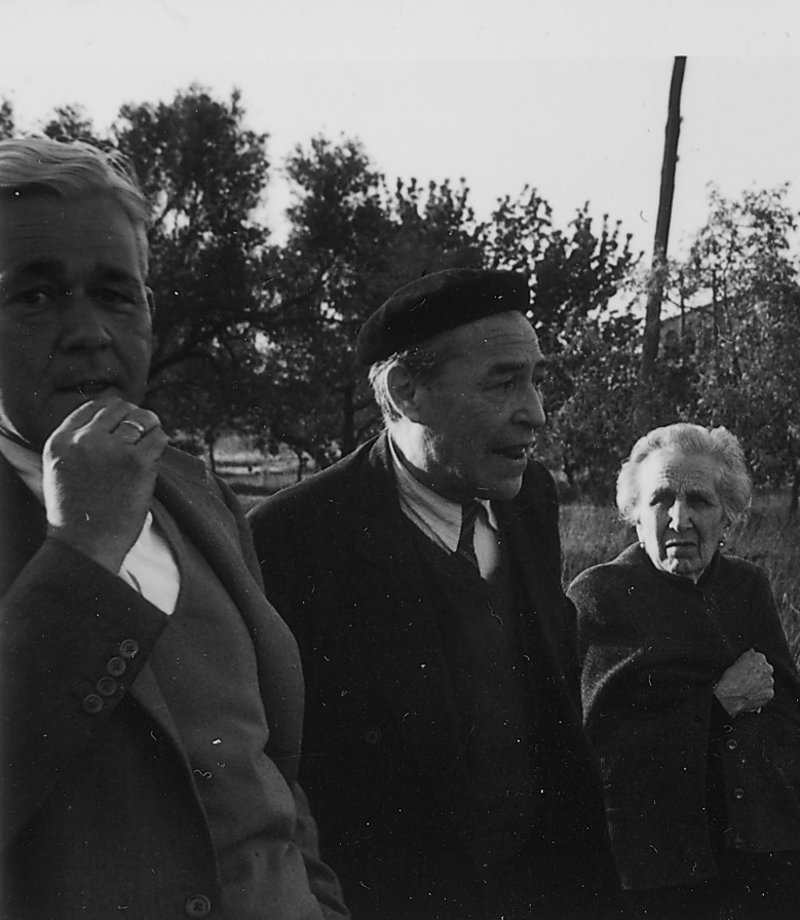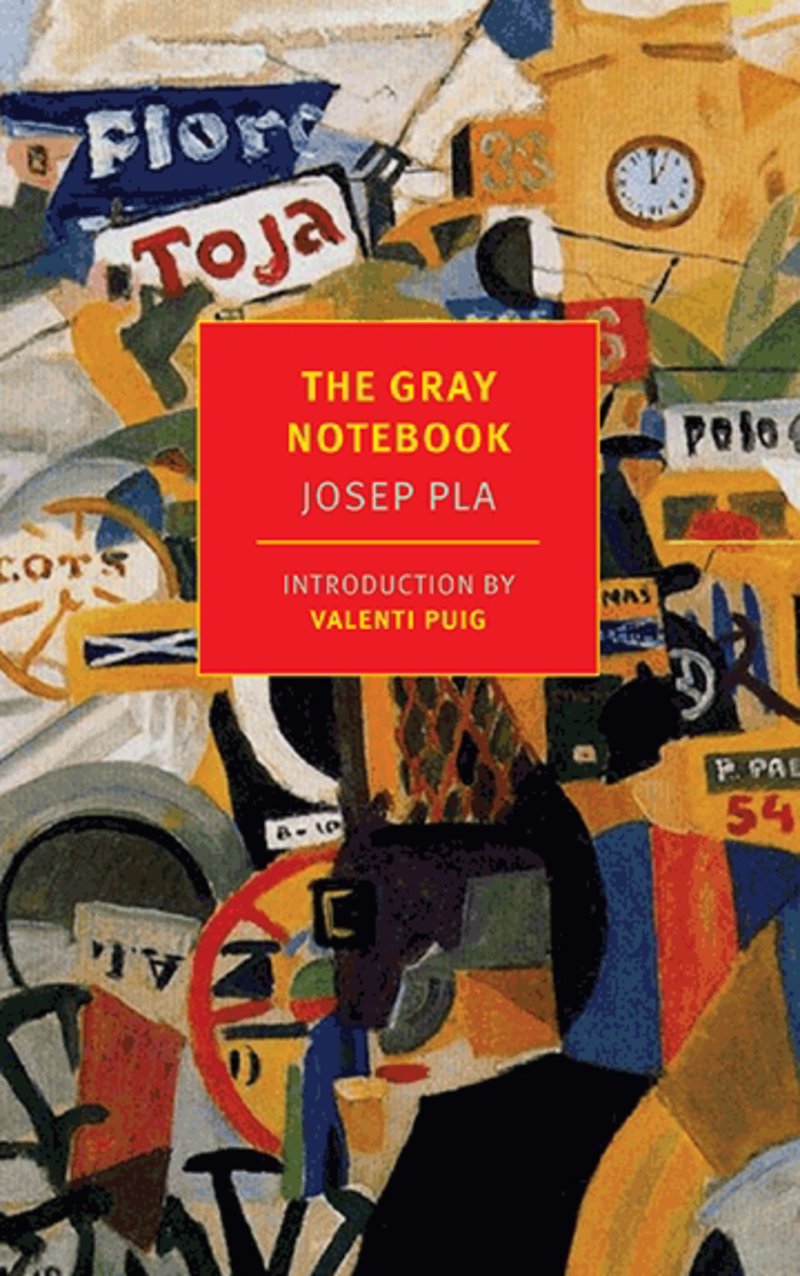The Gray Notebook
A diary from nearly a century ago about the life of a student from Palafrugell does not sound very appealing. Yet this is Josep Pla's masterpiece, one of the best-loved books in Catalan literature
Written as notes in 1918-19, the bare skeleton of the diary was extensively polished and extended over several decades before its publication in 1966. Now, for the first time, El quadern gris is available to the English-language reader, translated by the erudite and fluent Peter Bush.
The book's irony, sophistication and careful structure are improbable in a 21 year-old. Yet, despite his thorough rewriting, Pla triumphantly conserves the self-involved feel of a post-adolescent diary: Who am I? Am I stupid? I feel bored, alienated, How do I fit into my family? It mingles passages on love, with literature or walking the city. Pla likes provocative declarations. Here's one: “Novels are children's literature for adults.”
Detail
The Gray Notebook's most obvious quality is its descriptive detail: the enticing beauty of the Costa Brava, animals bathing in the sea, the view from his window, all with their precise adjectives. Yet the narrative is never a languid pastoral. It rushes along in brief sentences, before slowing into Pla's thoughts. In the second half, back at university (which had been closed because of the Spanish flu epidemic), Pla applies the same careful, yet lively eye to Barcelona's writers and the law faculty's students and (mainly) decrepit lecturers.
The basic movements of the diary are to and from descriptions of landscape, the sea and city streets, his struggles to clarify his mind and write, and then the brilliant reports of the often hilarious chat in the cafés of Palafrugell and Barcelona. He urges his readers to read slowly. He does not want us to skip through his inner thoughts or bucolic descriptions to the more exciting thumbnail sketches of the imaginative eccentrics of the Empordà who “mistook flies for eagles”. In Pla, most people are eccentric. This is because he knows, as a cartoonist does, how to highlight everyone's particular features.
Lazy
Pla does not conceal the contradictions in his own personality. He is lazy, drinks too much and feels unable to form relationships. Yet he is always chatting and listening to people. He remembers the extravagant conversation of both small-town fantasists and famous writers like Eugeni d'Ors. Pla understands how people are vain and love to talk. He both records them, making the book a documentary of behaviour in his times, and ironises on their illusions and pretence. He at times portrays them affectionately, though often with disgust. Women get few look-ins except as objects of sexual longing.
It is a great book for temperature, weather and smells, whether the sea, cheap perfumes, vomit or wine. In one passage, he lies on the beach beside a boat. It's baking hot and he sweats; dozing, he feels the breeze, the smell of cigarettes or “the aroma of sun-scorched seashells and seaweed.” When he awakes, he is shivering with the evening damp. Smells can take on moral overtones: he complains of an acquaintance's “cheap-scented pleasantries”. Pla's writing “without filigree” is very sensuous. His mother is a fanatic for fresh air, so the windows are nearly always open. Pla makes us feel how the house is freezing in January.
Discarding ornament
Essentially, The Gray Notebook is the story of a young man educating himself to become a writer. His brother plays football. His aunt tells him books are a waste of money. His friends drink, talk loudly and look at women. Apparently lazing about, doing what his friends do too, the young author also rehearses in his notebooks his powers of observation and his styles of writing. Back in Barcelona, Pla does as little as possible to pass his boring law degree and instead hangs around the Ateneu with writers and journalists who are 15 years older than him. He is learning. He discards the old ornamental, overblown style. “The drama of literature never changes. It is much more difficult to describe than to opine. In view of which, everyone prefers to opine.”




